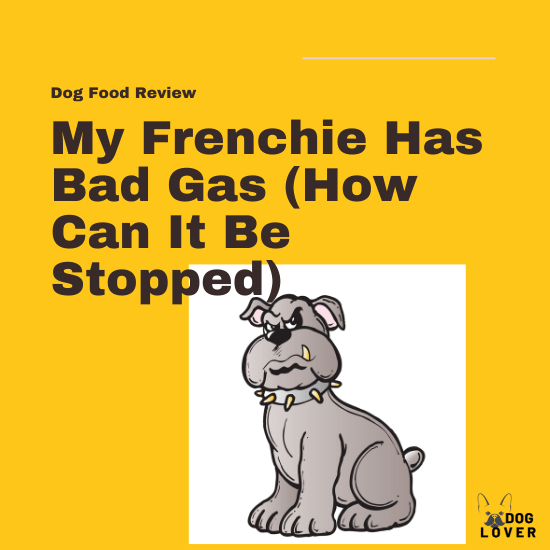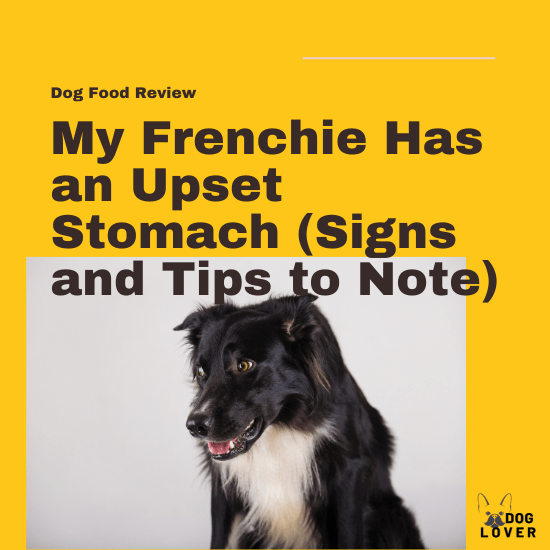We all love spending time with our dogs, but dealing with smelly stool is a hassle.
Stinky poop can indicate an unhealthy digestive system.
Normal stool should be firm, brown, and mildly odorous.
If your dog’s poop smells bad, consult a vet to rule out health issues before changing their diet.
Smelly stools often result from bacteria breaking down food, producing sulfur.
A healthy diet, deworming, vaccinations, and regular vet visits can help.
Choose dog food designed to minimize stool odor, but read labels carefully to avoid misleading claims from manufacturers.
What Causes Smelly Poops?
Smelly poop in dogs can arise from several causes:
- Sudden Diet Change: Abruptly changing your dog’s food can upset their stomach, leading to diarrhea and foul-smelling stool. Introduce new food gradually to help their digestive system adapt.
- Infections: Bacterial and viral infections can cause runny, smelly stools due to sulfur production. Feed your dog foods rich in vitamins and antioxidants to boost immunity.
- Inflammatory Bowel Disease: This chronic irritation leads to diarrhea, often with a strong odor. Opt for foods designed for sensitive stomachs.
- Stress: Anxiety can disrupt digestion, causing smelly diarrhea. Maintain a calm environment and ensure regular exercise to alleviate stress.
- Food Allergies: Common allergens like dairy, chicken, eggs, wheat, soy, and corn can lead to stinky stools. Avoid these ingredients and consider hypoallergenic dog foods.
- Overfeeding: Excessive food intake can cause foul-smelling stool, similar to spoiled milk. Feed smaller, more frequent meals to manage this issue.
What makes a good dog poop?
Understanding what constitutes healthy dog poop can help identify digestive issues early. Here are the key characteristics of good dog poop:
- Consistency: Ideal poop is firm but not too hard. Soft stool is normal, while hard stool can lead to constipation and runny stool indicates diarrhea.
- Frequency: Most dogs should poop two to three times a day, while puppies may go more often due to frequent feeding. Pooping once a day can suggest constipation, whereas more than three times may indicate diarrhea.
- Volume: Poop volume should be moderate. Large stools can indicate poor digestion, while small amounts might signal blockages or gastrointestinal issues.
- Smell: Healthy poop has a mild odor. Strong-smelling stool may indicate dietary changes or excess treats.
- Color: Normal colors include red-brown, dark brown, or greenish-brown. Abnormal colors like black, tarry, or pale yellow can signify health issues and should prompt a vet visit, so bring a stool sample if possible.
How to Get Rid of Smelly Dog Poop
Here are three effective ways to minimize stool odor in dogs:
- Choose a Healthy Diet: Opt for high-quality ingredients to support overall wellness.
- Avoid Allergens: Identify and eliminate allergens from your dog’s food by reading labels carefully.
- Consult Your Vet: Seek professional advice to rule out health issues and reduce odor.
Does grain-free dog food cause loose stools?
No, grain-free dog food does not cause loose stools; rapid transitions do. Diarrhea typically lasts 2-3 days.
Gradually mix the new grain-free formula with your dog’s old food over 7-10 days to ease the transition and reduce sensitivity.
This diet can help alleviate allergy symptoms like itching and tummy upset.


